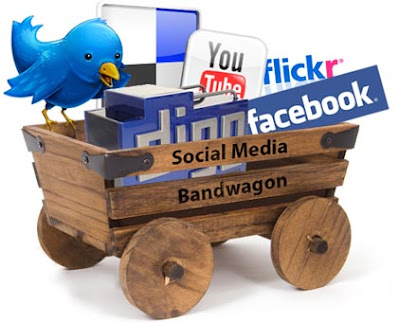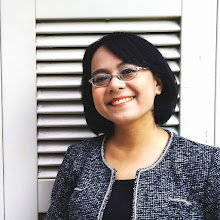*this essay has no thesis statement
**some of paragraphs (ok, many paragraphs) below are quoted from site http://www.guardian.co.uk/media/2011/jan/22/social-networking-cyber-scepticism-twitter

These days, everyone has two living types. First, is in the real one and the second is in virtual one. The real one is the world we live everyday when we wake up, go to school or office, and back to sleep at the end of the day. The virtual one is in the internet. We have names, characters, and friends there. It's called social media.
According to Wikipedia, “The term Social Media refers to the use of web-based and mobile technologies to turn communication into an interactive dialogue.” There are different types of social media: collaborative projects (e.g. Wikipedia), blogs and microblogs (e.g. Twitter), content communities (e.g. Youtube), social networking sites (e.g. Facebook), virtual game worlds (e.g. World of Warcraft), and virtual social worlds (e.g. Second Life). At the top of social media networking in the world, which is known to us as Facebook.
If you just meet someone new, while asking your names, your contact numbers, there's no doubt they will ask you your Facebook profile. After that, they will add you as their friends and you will communicate through it. It's a good thing to know the details of someone, including their personal information, their stupid and cool photos, and even know what kind of persons they are based on looking their Facebook profile. But, if you know a person and can communicate with them just by sitting in front of your computer, does it improve your communication skill in real life? You can have hundreds or even thousands of friends on Facebook, but does that make you more social? Does Facebook contribute to deeper and wider social experience?
Sherry Turkle, author of a new book, Alone Together: Why We Expect More From Technology and Less From Each Other, said that the study allows Facebook to define what makes for social behavior. “I’m all for sharing photos, but you can be pro-photo sharing without being convinced that it expands our social lives,” Dr. Turkle said. “It’s a way of defining downwards what it means to be social.” (http://www.nytimes.com/)
The way in which people frantically communicate online via Twitter, Facebook and instant messaging can be seen as a form of modern madness, according to a leading American sociologist. Turkle's book, published in the UK next month, has caused a sensation in America, which is usually more obsessed with the merits of social networking. Turkle said on Stephen Colbert's late-night comedy show, The Colbert Report, she had been at funerals where people checked their iPhones, Colbert quipped: "We all say goodbye in our own way."
Turkle's thesis is simple: technology is threatening to dominate our lives and make us less human. Under the illusion of allowing us to communicate better, it is actually isolating us from real human interactions in a cyber-reality that is a poor imitation of the real world. The hit movie, The Social Network, paints an ironic, sad picture of relationships in the age of Facebook. The creators of the most powerful social media website in the world, one that focuses on having lots of friends, are utterly unable to have true friendships.
Inspite of the critics for social medias, there are always defenders who point out some positive ways of this era. Professor William Kist, an education expert at Kent State University, Ohio, is one of them. He point out that emails, Twitter and Facebook have led to more communication, not less – especially for people who may have trouble meeting in the real world because of great distance or social difference."When you go into a coffee shop and everyone is silent on their laptop, I understand what she is saying about not talking to one another," Kist said. "But it is still communicating. I disagree with her. I don't see it as so black and white."
Some experts believe the debate is so fierce because social networking is a new field that has yet to develop rules and etiquette that everyone can respect. In conclusion, it's our decision to use social media networking wisely and lead us to be more or less social person.(*)
.png)









2 comments:
Thanks to give me these type of information...
you're welcome :))
Post a Comment